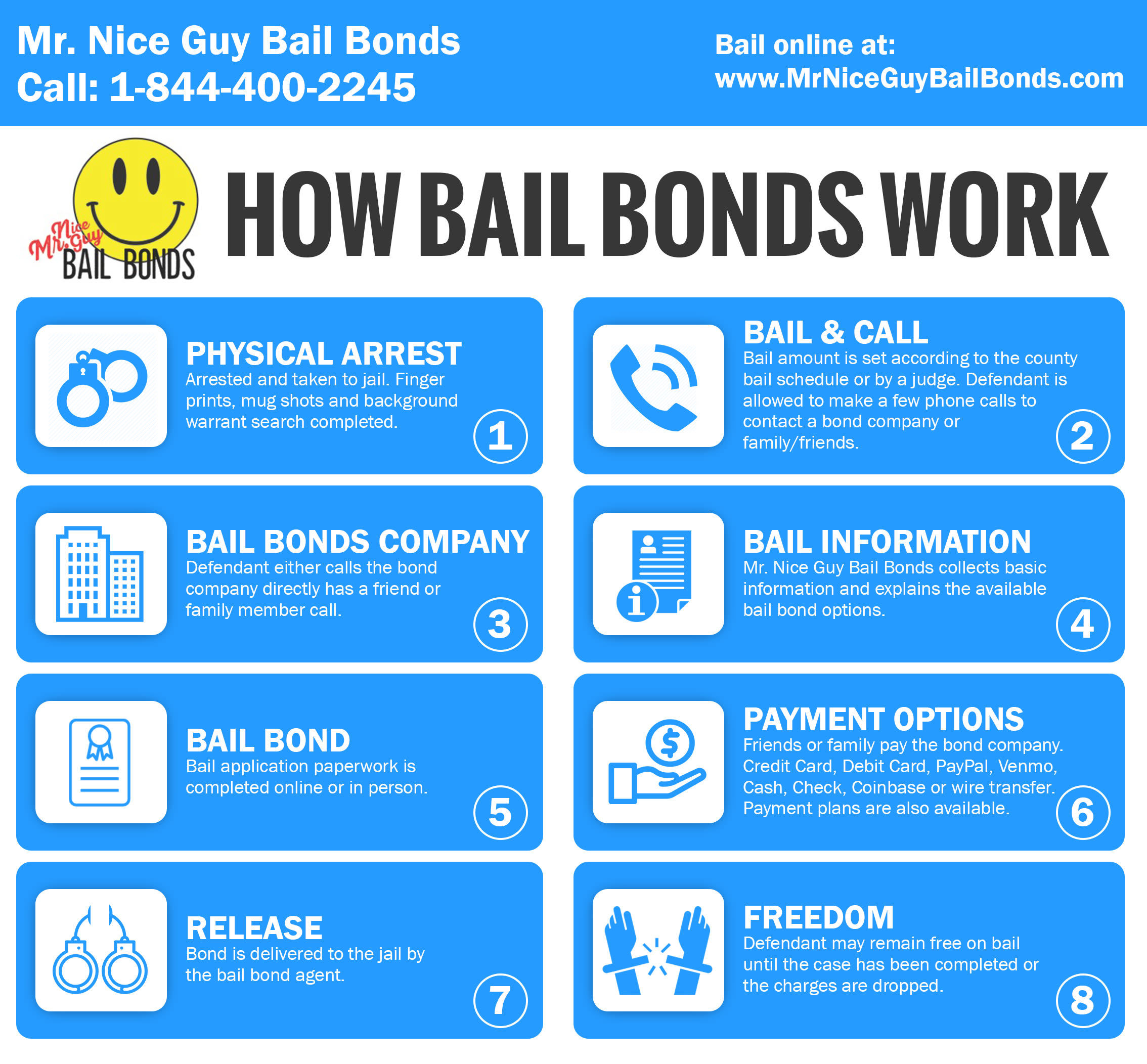Browsing the Lawful Maze: Bail Bonds Explained for Beginners
Browsing the intricacies of the legal system can frequently seem like traversing a daunting maze, particularly when it concerns recognizing Bail bonds. For newbies entering this unfamiliar terrain, comprehending the ins and outs of Bail bonds is vital in making sure a smooth and enlightened process. From the basics of just how Bail bonds work to the different types available, each aspect plays a vital role in helping with the launch of individuals awaiting trial. As we dive deeper right into this subject, clarity will be shed on the bail bond process, the connected expenses, and beneficial tips for efficiently engaging with Bail bondsmen.
Essentials of Bail Bonds
Recognizing the basic principles of Bail bonds is vital for navigating the lawful procedure successfully and responsibly. Bail bonds function as an economic warranty that an accused will certainly show up in court as called for. When an individual is apprehended, they might be approved the opportunity to post Bail in order to safeguard their release up until their court day. If the person can not pay for the complete Bail amount set by the court, a bail bond representative can be enlisted to provide the required funds on their behalf.
Essentially, a bail bond is a contract between the offender, the court, and the bail bond agent - dayton bail bonds. The agent consents to pay the full Bail amount if the accused stops working to show up in court, in exchange for a non-refundable cost commonly established at 10% of the overall Bail. This charge acts as the agent's earnings for taking on the threat of the defendant's non-appearance. By comprehending these fundamental principles of Bail bonds, individuals can make educated choices when encountered with legal obstacles that need economic assistance for their release.
Kinds of Bail Bonds
Various categories of Bail bonds are offered to fit various financial situations and lawful circumstances. The most typical type is a money bond, where the defendant or a family member pays the full Bail amount in cash. When the defendant fulfills their legal obligations, this quantity is refunded. An additional choice is a surety bond, where a bondsman pays the Bail on behalf of the offender for a cost, usually around 10% of the overall Bail quantity. In cases where cash or residential property is difficult to find by, a residential property bond can be made use of, permitting the accused to use their possessions as collateral. Migration bonds are specifically for individuals detained by Migration and Customs Enforcement (ICE) and can be quite complex due to government policies. Ultimately, a release on recognizance (ROR) bond is granted based upon the accused's promise to appear in court, with no economic backing needed. Understanding these various types of Bail bonds can help people navigate the legal procedure much more efficiently.
Bail Bond Process Described
If the accused can not manage the full Bail quantity, they can seek the services of a bail bondsman. The defendant or their liked ones pay the bondsman a non-refundable fee, typically a portion of the complete Bail amount, to secure a bail bond.

Comprehending Bail Bond Expenses
Upon securing a bail bond with a bondsman, individuals experience an important aspect of the legal procedure: the economic commitments linked to the bail bond. Bail bond prices typically involve a non-refundable cost, typically around paying bail to get out of jail 10% of the total Bail quantity established by the court. For instance, if the court sets Bail at $10,000, the bail bond premium will certainly be $1,000. This cost is the bondsman's charge for posting the full Bail quantity and presuming the threat if the accused fails to show up in court.
Along with the costs, security may be required to get more safeguard the bail bond. Collateral can be in the kind of property, valuable possessions, or a co-signer that guarantees settlement if the accused misses Bail. The collateral works as a back-up prepare for the bondsman in instance the accused absconds.
It's crucial for individuals seeking Bail bonds to totally comprehend the prices entailed and the terms of the contract prior to continuing. By being educated concerning bail bond costs, individuals can browse the lawful procedure better and make knowledgeable decisions.
Tips for Dealing With Bail Bondsmen

In addition, it's vital to give accurate information about the defendant and their case. This includes details such as their full name, day of birth, the area of their apprehension, and the fees they are dealing with. dayton bail bonds. Supplying inaccurate or incomplete information can lead to delays in the bail bond process

Verdict
In conclusion, understanding the essentials of Bail bonds, the different types offered, the procedure included, and the costs connected with them is vital for navigating the legal system. By collaborating with bondsman and following these pointers, people can guarantee a smoother and more reliable Bail procedure. It is crucial to be educated and experienced when handling Bail bonds to stay clear of any kind of unneeded problems or misconceptions.
Essentially, a bail bond is an agreement between the accused, the court, and the bail bond representative. An additional choice is a guaranty bond, where a bail bondsman pays the Bail on part of the offender for a cost, usually around 10% of the total Bail amount. The offender or their enjoyed ones pay the hour bonding company bail bondsman a non-refundable fee, normally a percentage of the overall Bail amount, to protect a bail bond.Upon protecting a bail bond via a bondsman, individuals come across an essential element of the lawful process: the monetary responsibilities linked to the bail bond. Bail bond costs commonly involve a non-refundable charge, usually around 10% of the complete Bail amount set by the court.